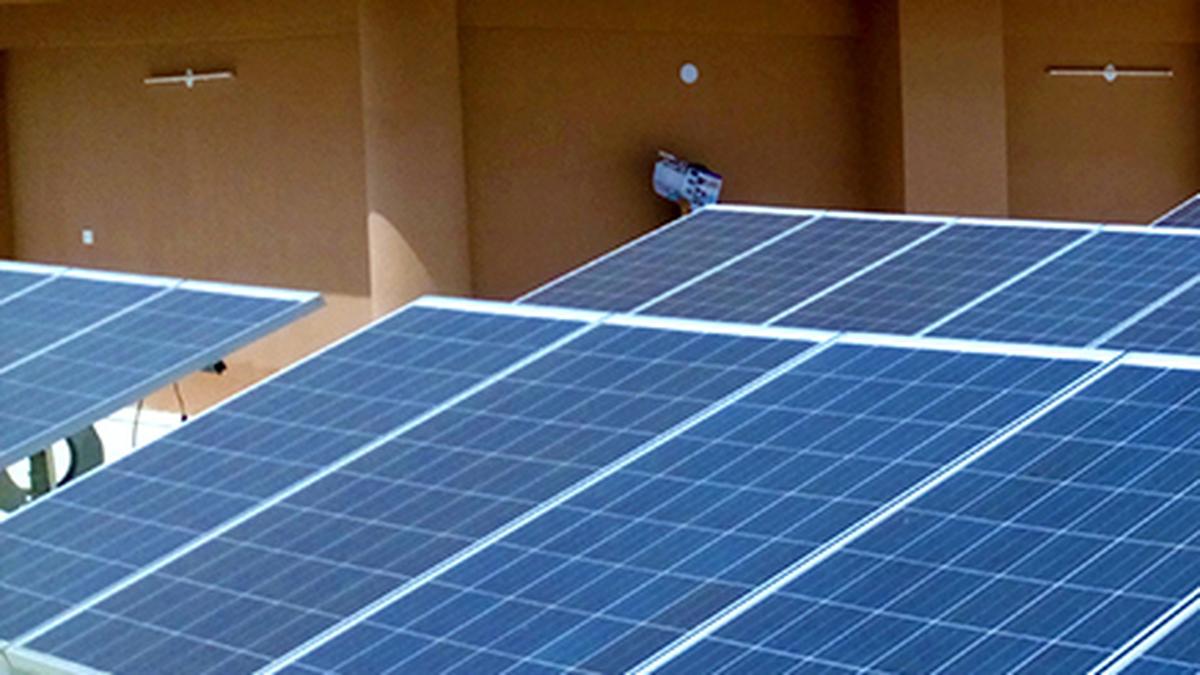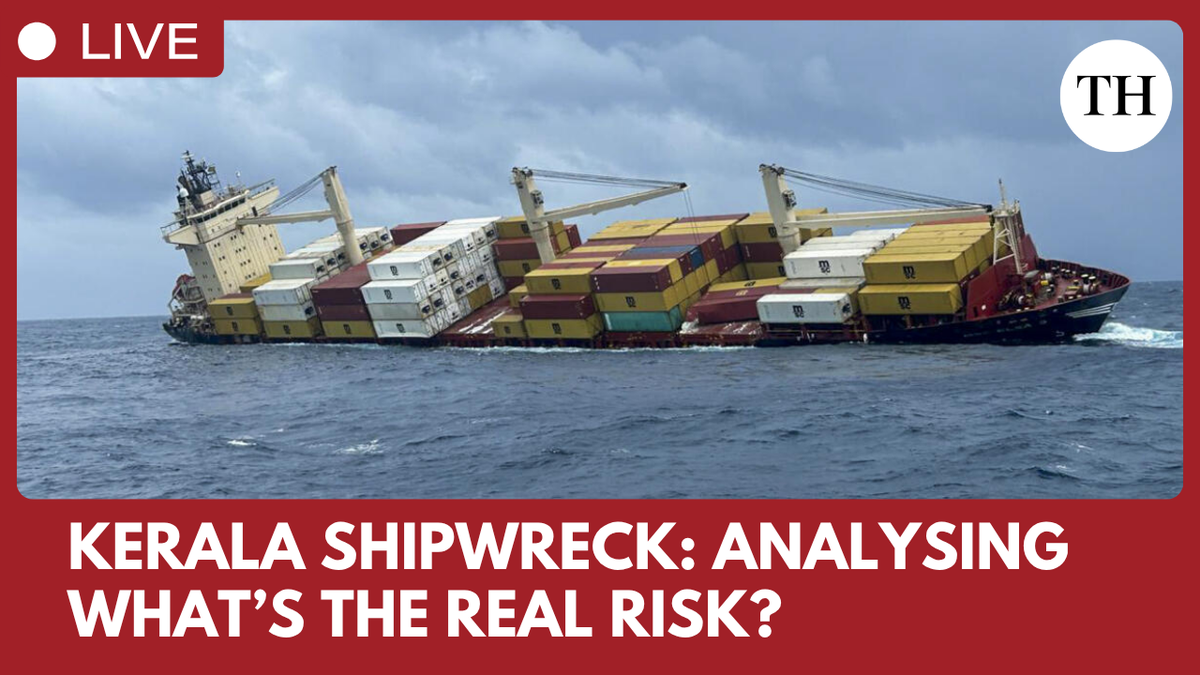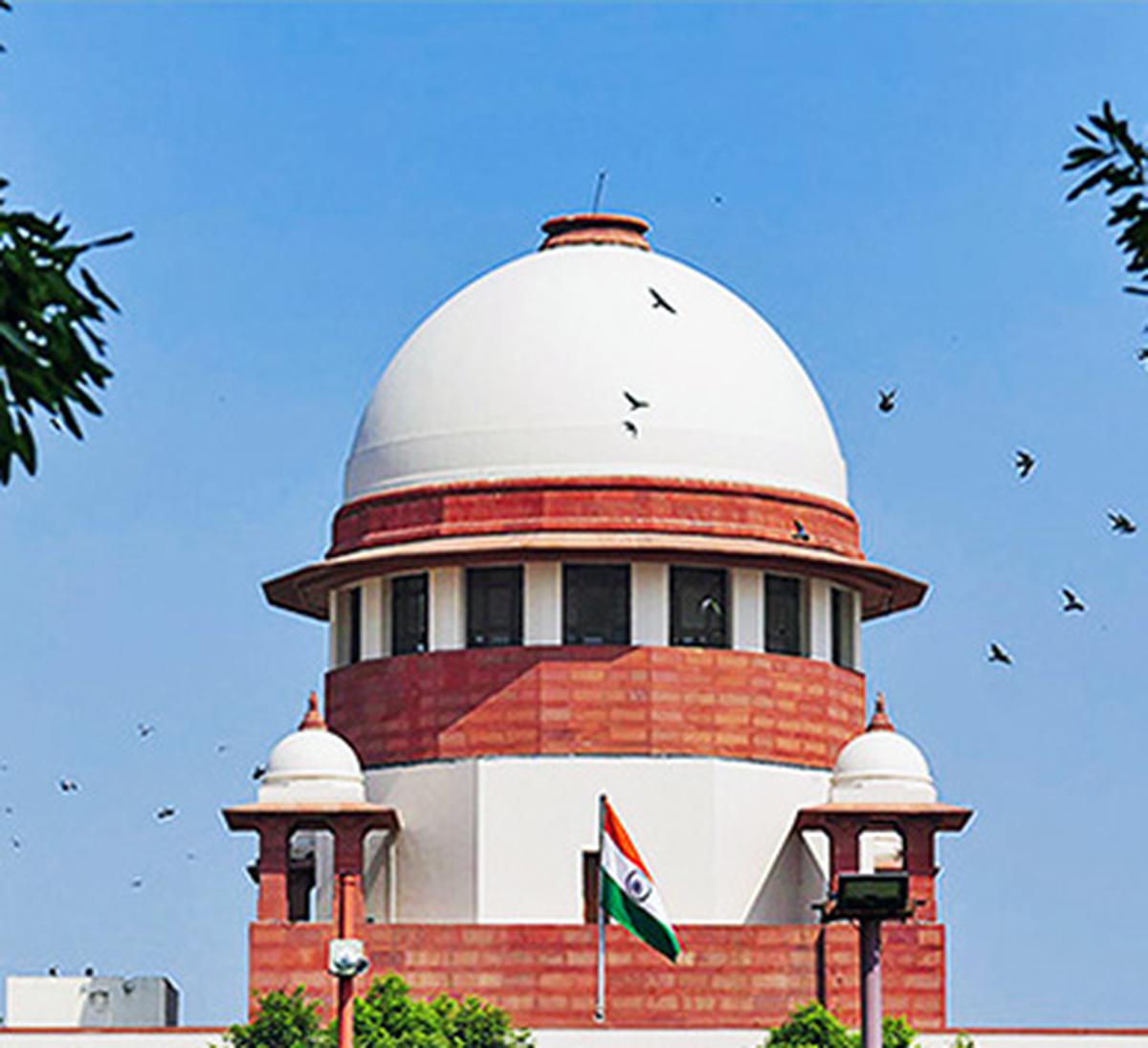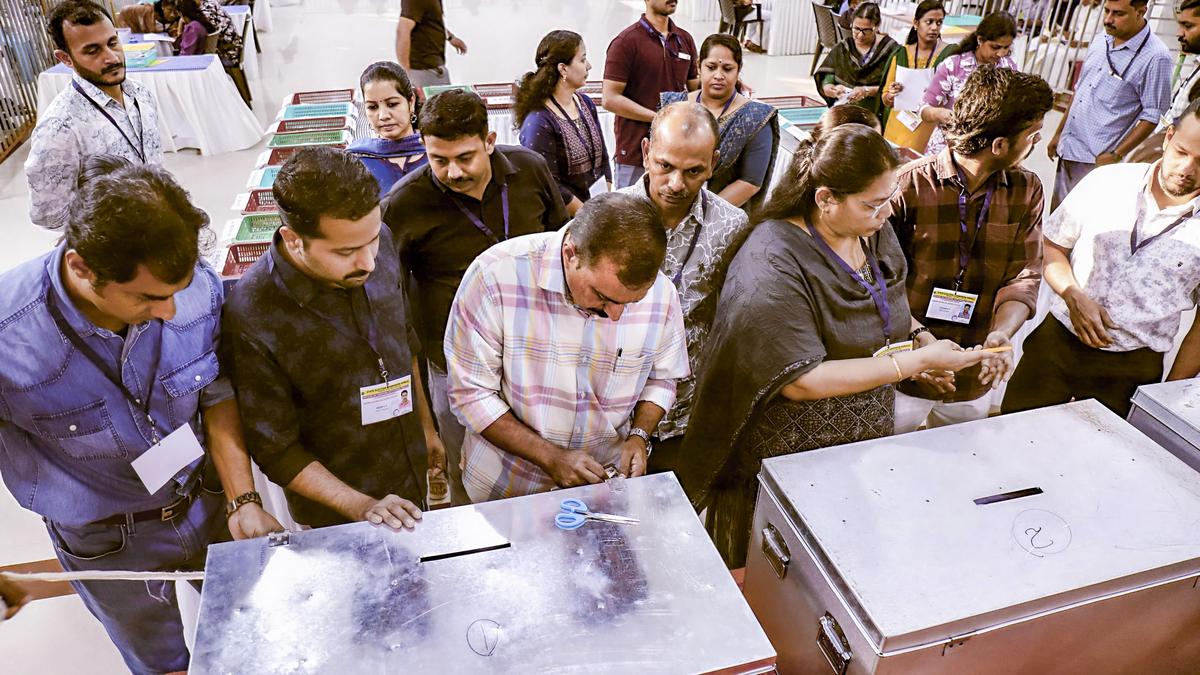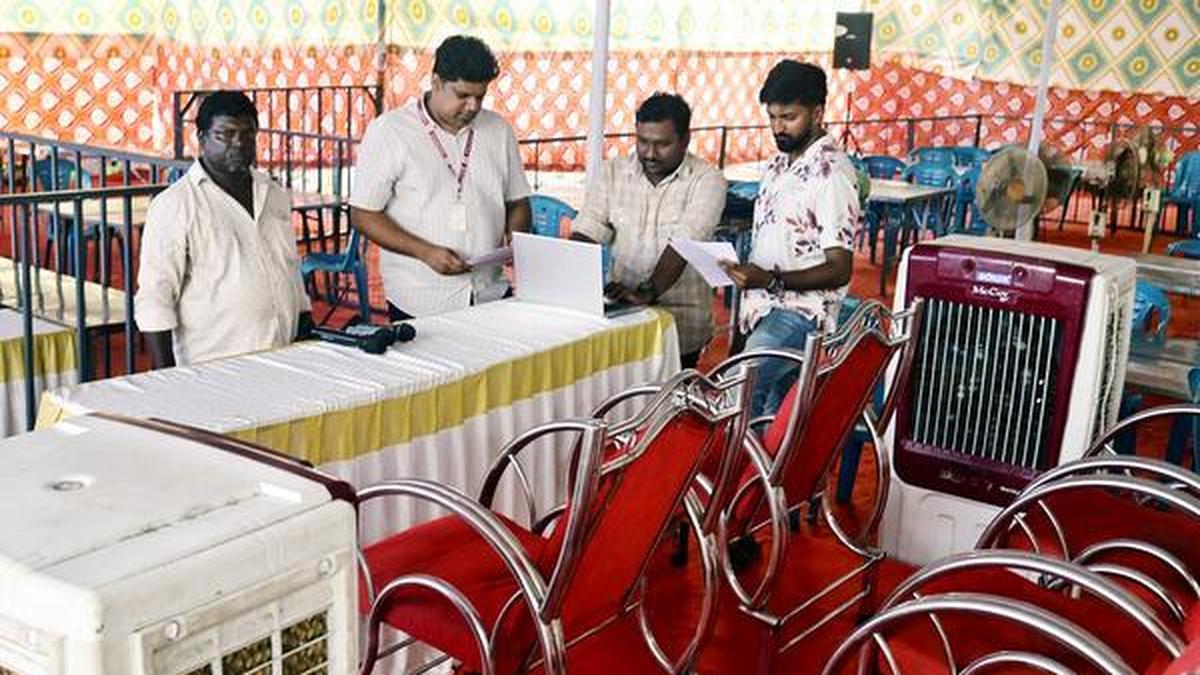Peer-to-Peer energy trade allows prosumers to sell surplus energy from renewable sources such as solar power through an online P2P platform using blockchain or other approved technologies, according to the Draft KSERC.
| Photo Credit: alien27ravi
A decentralised mechanism where individual power producers or groups can directly buy and sell electricity using an online platform is among the highlights of a draft regulation on renewable energy published by the Kerala State Electricity Regulatory Commission (KSERC) for stakeholder feedback.
Peer-to-peer (P2P) energy trade allows prosumers – electricity consumers who are also producers – to sell surplus energy from renewable sources such as solar power through an online P2P platform using blockchain or other approved technologies, according to the Draft KSERC (Renewable Energy and Related Matters) Regulations, 2025.
At present, choices before the prosumers are limited to banking the surplus energy with the distribution licencee, the Kerala State Electricity Board (KSEB) in Kerala’s case. In a full-fledged P2P energy trading system, a prosumer will be able to sell the surplus electricity using the distribution and transmission networks of the licencee by paying the prescribed charges.
The draft notes that the P2P energy trading platform should be operated by an authorised service provider or the distribution licencee by meeting the technical standards and safety requirements.
Onboarding participants
Anybody who is interested in buying renewable energy via P2P transactions has to register with the platform. The draft requires the distribution licensee to facilitate the onboarding of participants and ensure the seamless integration of P2P transactions within the grid.
“The distribution licensee shall act as the nodal agency for monitoring, regulating and facilitating P2P energy transactions within its jurisdiction,” the draft said. It is also the licencee’s duty to address operational challenges arising out of P2P trading, such as making sure that the grid remains stable.
Commission sources described P2P trading as akin to open access, but a more democratised version of it. Open access gives consumers the right to buy power from the supplier of their choice using existing distribution and transmission networks. This mechanism, however, has the condition that the minimum volume of power is 1 megawatt (MW).
Published – May 31, 2025 06:27 pm IST


